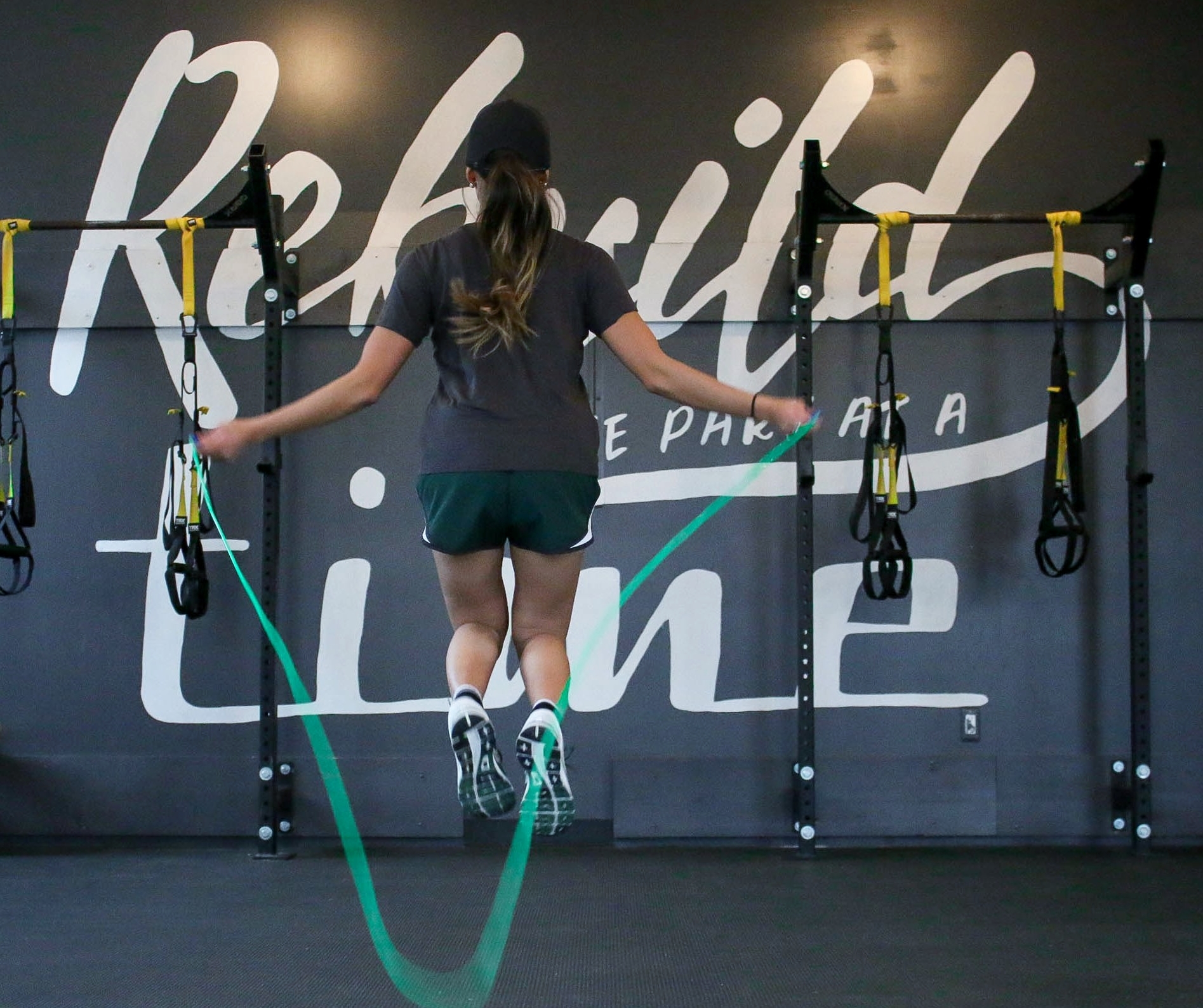Increasing Resilience

Many collaborative and interpersonal skills, including adaptability, creativity and resilience, contribute to mental wellness. Resiliency is a learned behavior that can be developed by taking healthy risks like making new friends or trying unfamiliar activities. It increases individuals’ ability to cope and respond to adversity. Persisting through challenges and viewing your current situation as a turning point build resiliency, as does being realistically optimistic, having a sense of humor and learning from experience.
If you are struggling, staying active will distract you. Taking time to acknowledge the reason why you are feeling sad or upset will help you accept your feelings before releasing them. Rather than wallowing in self-pity or continuously replaying failures, limit yourself to 24 hours. Accept personal responsibility instead of blaming others, and improve your future performance by practicing or studying more, etc. Continue dreaming and preparing, set goals and plan for your educational and/or vocational future. Visualization can help reduce nervousness.
Observe others to learn how they handle bad days. Establish strong relationships with family and friends, which will provide needed support, and make every day meaningful. Parents can help children develop resilience by knowing what is developmentally appropriate, setting consistent boundaries, establishing clear expectations regarding behavior, permitting them to participate in decision making and giving appropriate consequences when necessary. In addition to modeling self-control, encourage independent problem solving. Ask,“What do you think might work?”, to help youth think through their ideas before you offer suggestions.
Resilience is formed by actions, behaviors and thoughts that anyone can develop. Trust yourself, be aware and imagine new possibilities. #ResilienceBooster